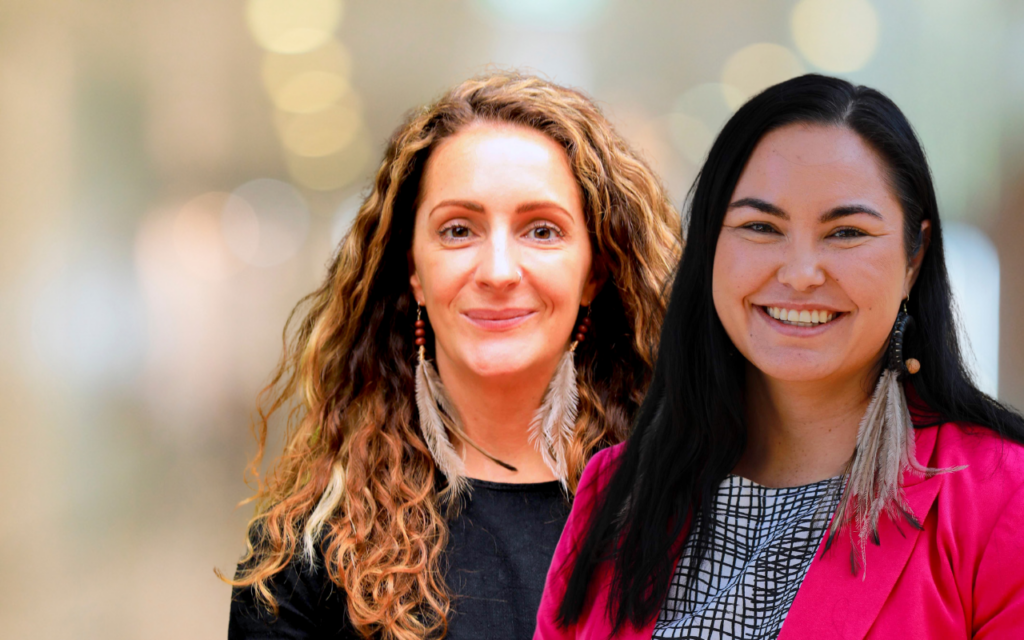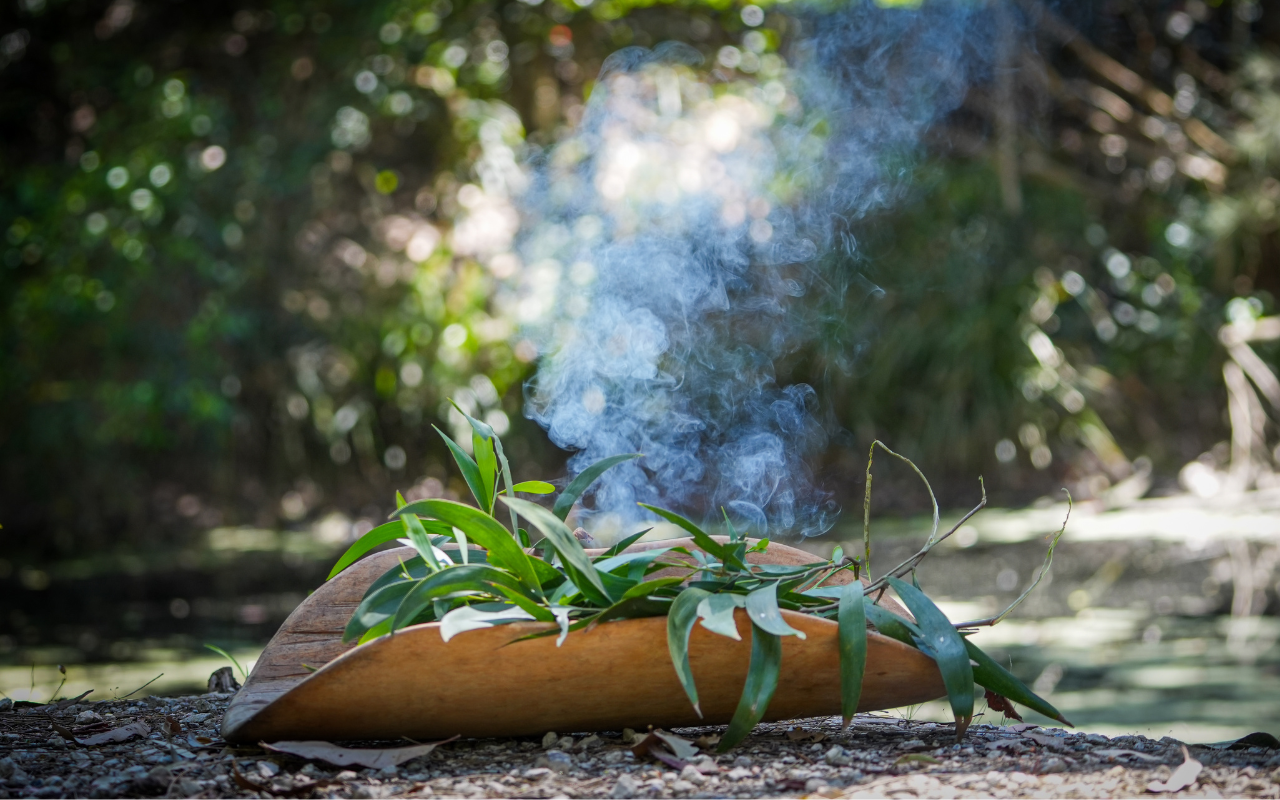The latest MJA supplement explores ethical research processes and practices in Aboriginal and Torres Strait Islander health and medical research.
When Aboriginal and Torres Strait Islander people have been the subject of research in the past, the research was often unethical, not conducted in a way that reflects the participants’ ways and knowledges, and the research participants were often not told about the results.
This week, the MJA features a supplement and podcast on ethical research processes and practices in Aboriginal and Torres Strait Islander health and medical research.
Co-ordinating authors Felicity Collis, a Gomeroi woman, and Associate Professor Michelle Kennedy, a Wiradjuri woman, spoke to the MJA about how the system is failing Aboriginal and Torres Strait Islander people.

Assoc. Prof. Kennedy came into the world of academic research from a career in the community and welfare sector. She said unethical research was then brought to her attention.
“When we’re sitting with communities yarning about research they told us that unethical research is still happening in this country,” Assoc. Prof. Kennedy said.
“The narratives that we read in a peer reviewed manuscript didn’t always align with the narratives that Aboriginal and Torres Strait Islander people and communities were telling me and including the stories that I had when I was growing up,” Assoc. Prof. Kennedy said.
PhD student Felicity Collis said that for many years, people have called out for change in this area.
“Communities have really been at the forefront of advocating for change and driving calls for action in health and medical research for decades and research more broadly for decades,” Ms Collis said.
She said colonisation continues to have a huge effect.
“Colonisation has profound impacts on Aboriginal and Torres Strait Islander people’s lives and our communities and it continues to impact on the systems that have been built around us.”
“And so whilst these systems aren’t built for us, they ultimately aren’t safe or protective for us a lot of the time,” she said.
“For our communities we were continuing to advance and adapt around this system but that inadvertently places burden and more harm on us and on our communities whilst we’re trying to work within them,” Ms Collis said.
“My focus has been more to amplifying and privileging the expertise and knowledges of our Aboriginal and Torres Strait Islander communities across the country and how any calls that we make for systems change should and could be anchored in what is safe and responsive to our communities,” she said.
COVID sparked the idea for the research
“The idea for the [research] project came about in 2020 during the first COVID lockdown to get an ideas grant to ‘collect those stories across Aboriginal and Torres Strait Islander people across the country about what happened when researchers came,’” Assoc. Prof. Kennedy said.
“I wanted to capture the stories that went behind the peer reviewed manuscript and maybe the stories that were never privileged in journals and particularly in journals like the Medical Journal of Australia,” Assoc. Prof. Kennedy said.
“The project in itself was about saying ‘okay we have all these ethical guidelines and principles and practices, we have these wonderful documents that have been driven by what Aboriginal and Torres Strait Islander people want, let’s just take a pause and see how everyone is doing this, how are people actually conducting research,” she said.
Aboriginal and Torres Strait Islander led research
“Our communities want to drive research, they know that they have the skills and expertise. We know that we’ve got a growing cohort of Aboriginal and Torres Strait Islander undergraduates and PhD students and early career researchers. We’re focused a lot on that pipeline,” Assoc. Prof. Kennedy said.
“But we do need to stop and think how do we then give that control to Aboriginal and Torres Strait Islander people and for other people to take a step back,” she said.
“The system itself doesn’t really allow for our communities to apply for grants in the same ways that institution does,” Assoc. Prof. Kennedy said.
Changes for the future
There has been more money available for health research for Aboriginal and Torres Strait Islander people but there are big questions around its safety for their people and communities.
“Increased investment in Aboriginal health research, people setting these priority targets for research, but no one had checked if the way we’re doing research was no longer harming Aboriginal and Torres Strait Islander people and communities,” Assoc. Prof. Kennedy said.
“The system has to do some change as well. The academic system values do not align with what Aboriginal and Torres Strait Islander people value,” Assoc. Prof. Kennedy said.
“Our call to institutions is: if you know you have researchers doing Aboriginal and Torres Strait Islander research maybe you could take a pause and do a recap and say ‘well how can we do a bit of an evaluation, bit of a truth telling process in our institution to make sure the work that’s been conducted here is safe and respectful because it’s a big field,” she said.
“Aboriginal and Torres Strait Islander people are the first researchers on this country and research must respect the communities and its people,” Assoc. Prof. Kennedy said.
“This is a specialty sector and people who work in this sector should be investing the required time and skills and commitment and love and compassion because we’re real people, which are the First People of this country. So every time you want to do something to help us, you need to really do a responsible and respectful research practice,” Assoc. Prof. Kennedy said.
Read the Murru Minya supplement in the Medical Journal of Australia.
Listen to the podcast with Felicity Collis and Associate Professor Michelle Kennedy.
Subscribe to the free InSight+ weekly newsletter here. It is available to all readers, not just registered medical practitioners.

 more_vert
more_vert